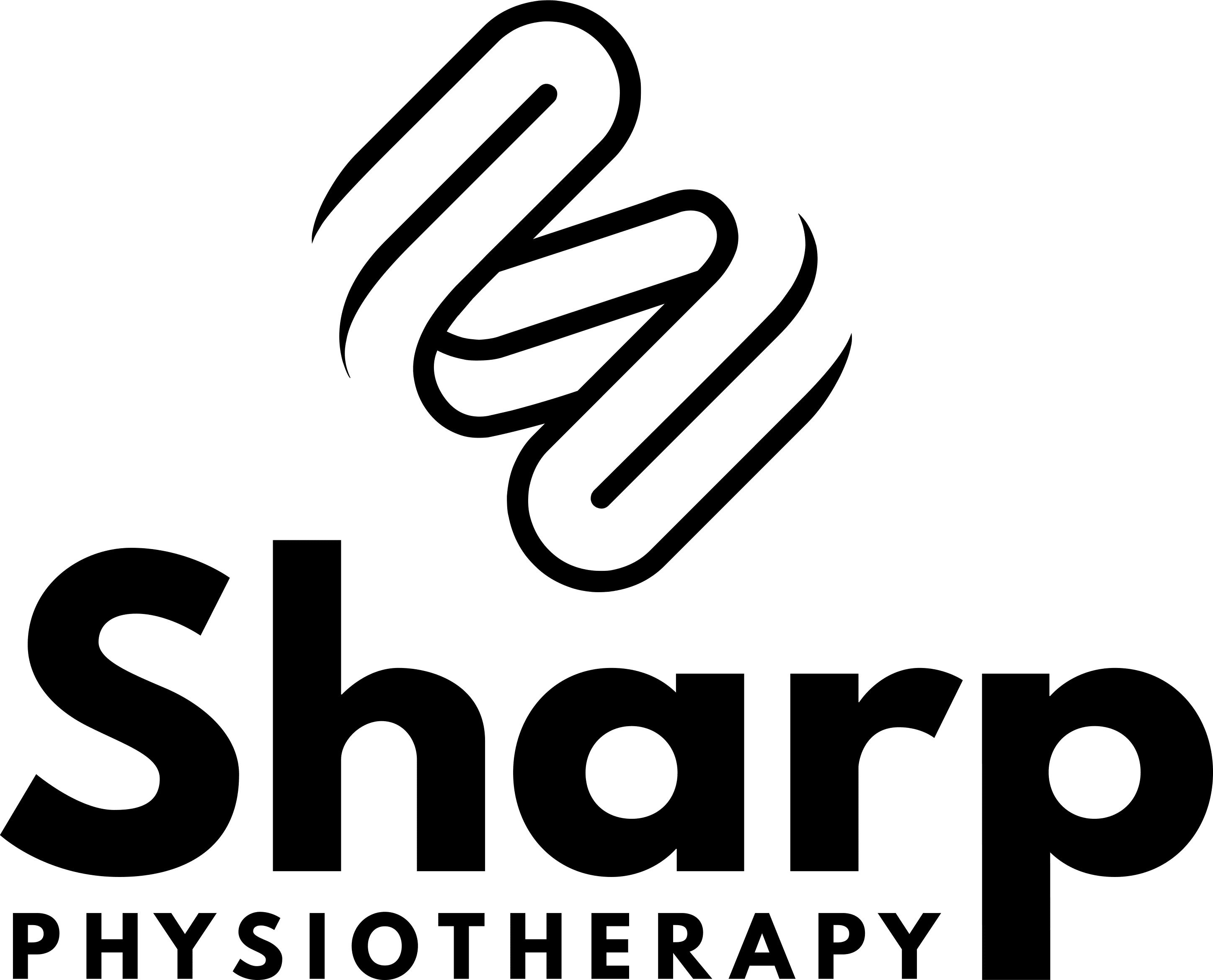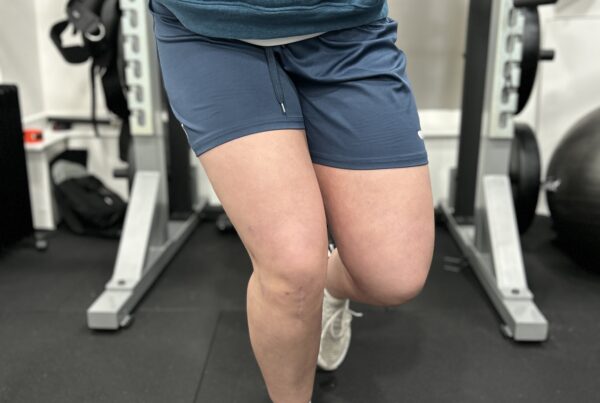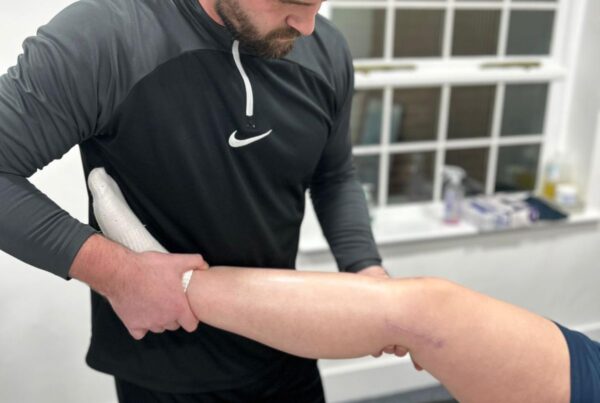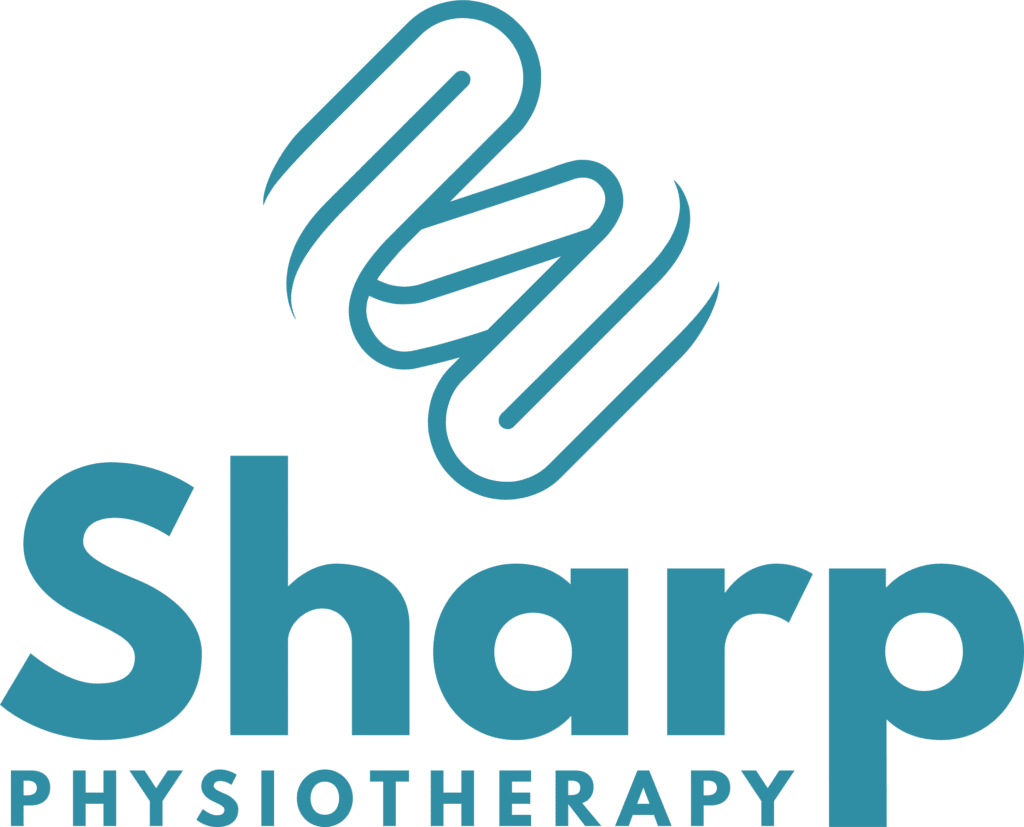Have you torn your ACL? Are you still waiting for surgery? Or not sure whether to have surgery? Have you had surgery and not sure what to do next? Have you completed your rehab but still having problems? Knee still swollen? Struggling to straighten or bend your knee? Worried you will re-rupture your ACL? If you have answered yes to any of the above, you have come to the right place.
The ACL is one of the four major knee ligaments and is a critical component of the knee joint, playing a pivotal role in both stability and movement. However, when this ligament is injured, it can have a profound impact on an individual’s mobility and overall quality of life.

